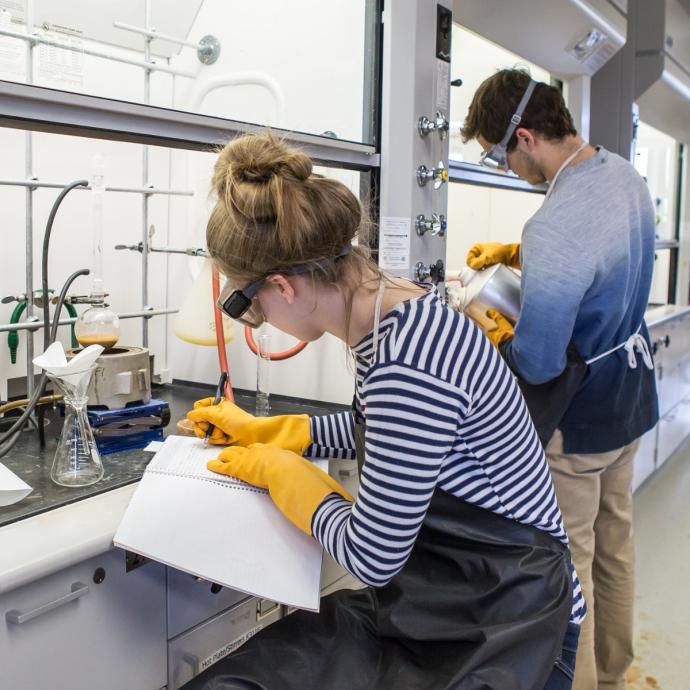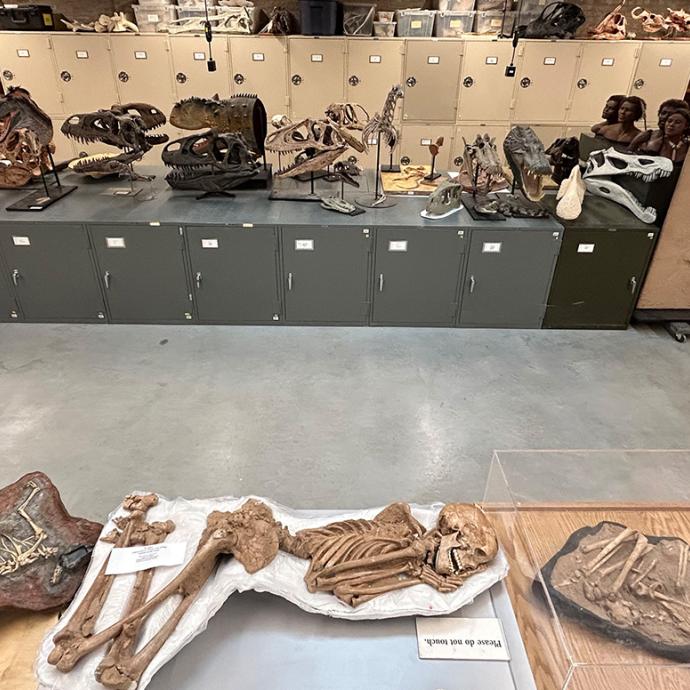In order to be a successful teacher, Stephan Palmié says he has learned to challenge students’ preconceptions—beginning with one of the foundational episodes in American history, the story of the Pilgrims.
In his course, “The Anthropology of Food and Cuisine,” Palmie shares with his students a new take on the colonists’ first years at Plymouth. The tale of brave non-conformists fighting for religious freedom who made friends with Indians is only half of the story, he contends.
Squanto, the Indian who helped the Pilgrims grow corn and make peace with nearby Native Americans, actually had just returned from years of captivity in Europe, only to find his tribe wiped out by epidemics that Europeans had introduced, Palmié explains. “Having few loyalties to either party, he put his linguistic and bi-cultural skills to use in setting himself up as a political operator.”
In the end, Squanto was unable to broker a deal between natives and the colonists. But Palmié says Squanto succeeded in helping the Pilgrims modify their diet, “a fact that has earned him a role, however problematic, in this nation’s founding ideology, which is why turkey and succotash figure in contemporary American Thanksgiving dinners.”
Critical Thinking
Palmié’s classes are organized to maximize participation and encourage students to think in new, critical ways, as Palmié reveals what lies behind some of society’s accepted realities.
“I tell them that what we accept as truths is really based on a prior social consensus about the consequences of such truths that people are willing to live with,” he says.
For example, although everyone now agrees that slavery was a cruel institution, probably few students in Palmié’s classes had prior knowledge of how deeply it was enshrined in American institutions before the Civil War and what surprising connections it continues to have on everyday lives.
Insurance was an industry that grew up with slavery. Modern actuarial tables that establish the value of a person’s life were inventions of the 19th century, when they were used to compute the worth of slaves, Palmie points out.
New ‘Sensual’ Experiences
Driven by a philosophy that students learn when provoked by new experiences, Palmié includes a visit to an ethnic restaurant as a requirement in his course. A German native who conducts ethnographic and historical research on Afro-Caribbean cultures, he makes eating an unfamiliar meal an assignment in ethnography.
“Try to use all of your senses in this project,” Palmié tells students. “Your field notes should be as specific and detailed as possible.” He advises research ahead of the visit on cooking methods and ingredients.
The experience is meant to be a serious effort to document the food as well as record how the taster related to it. “Did you like the dishes?” Palmié asks his students. “Why? Was it the flavor, texture or color?”
Food preferences are no more obvious or universally programmed into humans than peoples’ everyday choices. What might be totally acceptable in one culture, like Chinese sucking on cooked chicken feet, could be totally repulsive in another.
By provoking his students to be creative learners, Palmié guides them to be critical thinkers. “I want to provoke their curiosity to get them to intellectually engage with the subjects under discussion.”









 —Prof. Chuan He
—Prof. Chuan He
